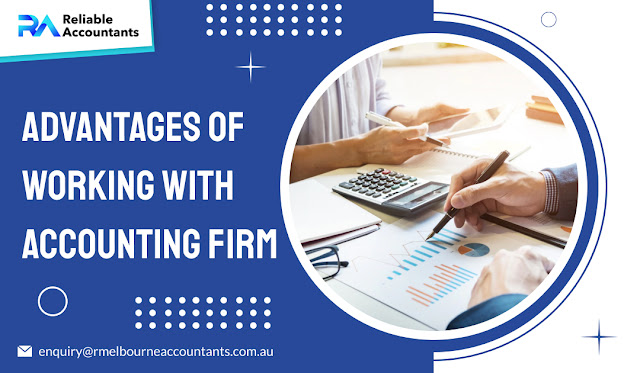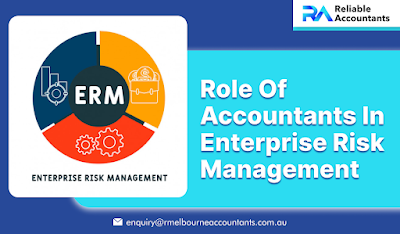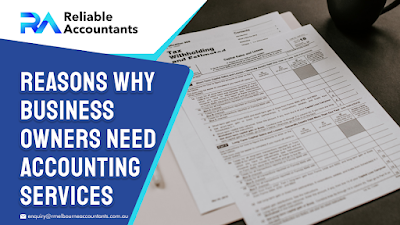Leasehold improvements are improvements to leased space that are paid for by the tenant. Interior walls and ceilings, plumbing and electrical extensions, built-in cabinetry, and tiles and carpeting are examples of leasehold improvements. Accounting firm Melbourne said that unless the tenant can remove the improvements without causing damage to the leased property, leasehold improvements generally revert to the landlord's ownership at the end of the lease. Offices built in unfinished office space are an example of leasehold upgrades.
Accounting
for Leasehold Improvements
If the cost of leasehold improvements exceeds the corporate
capitalization limit, capitalise them suggested by tax accountant Melbourne. If not, write them off as a cost for the
time period in which they occurred. If you capitalise these costs, you must
amortise them over the lease's remaining term or the shorter of their useful
lives. If the lease renewal is fairly assured, the remaining term of the lease
can be stretched into further lease renewal periods for amortisation reasons (like
when there is a bargain renewal option).
If you later buy the building, the lease is assumed
dissolved, allowing you to amortise over the building's estimated remaining
usable life, which is likely to be much longer than the original lease term,
resulting in a significantly lower monthly payment.
Accountants for small business said that technically, you are amortising rather than
depreciating leasehold improvements. Because the improvements are owned by the
landlord, you are merely exercising an intangible right to utilise them during
the lease term - and intangible assets are amortised rather than depreciated.
Is
Leasehold Improvement a Fixed Asset?
According to tax accountant near me leasehold improvements are classified as fixed assets
and are recorded in the non-current assets area of the balance sheet as part of
property, plant, and equipment (PP&E). Lease improvements are accounted for
as other fixed assets in US GAAP, according to ASC 360. (Accounting Standards
Codification).
Depreciation
of Leasehold Improvement
Because leasehold improvements belong to the lessor
(landlord) and not the lessee (tenant), they are amortised rather than
depreciated. As a result, the lessee only has the right to utilise the asset
for the duration of the lease, making it an intangible asset. Leasehold
improvements are amortised rather than depreciated because intangible rights
are amortised. Hence, all leasehold improvements are amortised over time until
the balance is zero. Tax accountant Melbourne said that there are now some
guidelines to follow when it comes to amortisation accounting:
Useful Life
Basis: If the leasehold improvements' useful life is estimated to be
shorter than the remaining lease term, the associated costs should be amortised
over that time. For example, if a freshly installed light fixture is planned to
be changed in three years and the lease term is still five years, the asset
should be amortised during that time.
Lease Term
Basis: Accounting firm Melbourne said that if the leasehold
improvements are expected to have a useful life equal to or higher than the
lease term, the associated costs should be amortised over the term of the
lease. If the office partition's useful life is projected to be 10 years and
the remaining lease term is 5, the asset should be amortised over that time.
Extended
Lease Term Bas is: If the lessor offers a low-cost lease, the lessee can
rest assured that the lease will be renewed. In this case, accountants for small business
said that the lease period extension is quite definite, and the asset can be
depreciated over the extended period, which is capped at the item's useful
life.
Final Say
.jpg)
.jpg)




